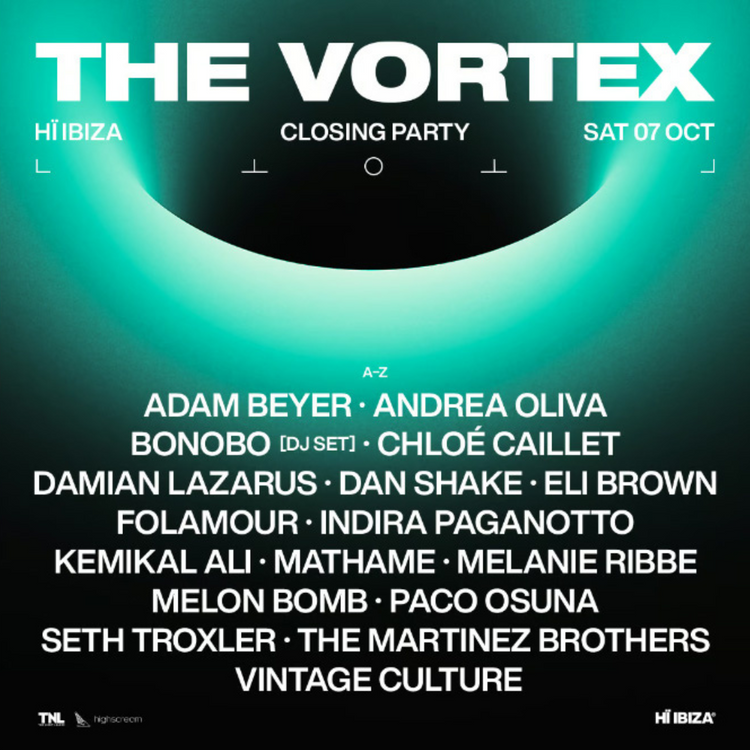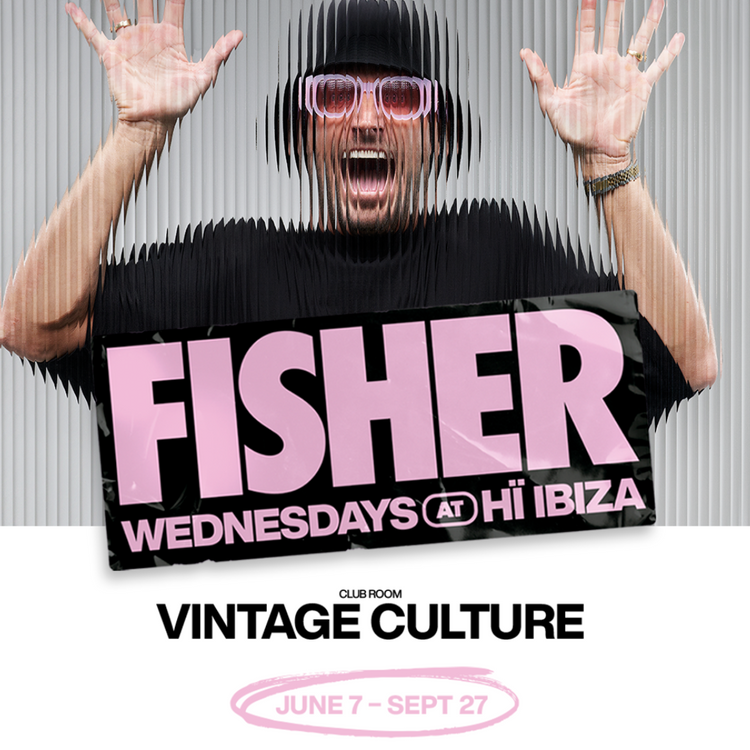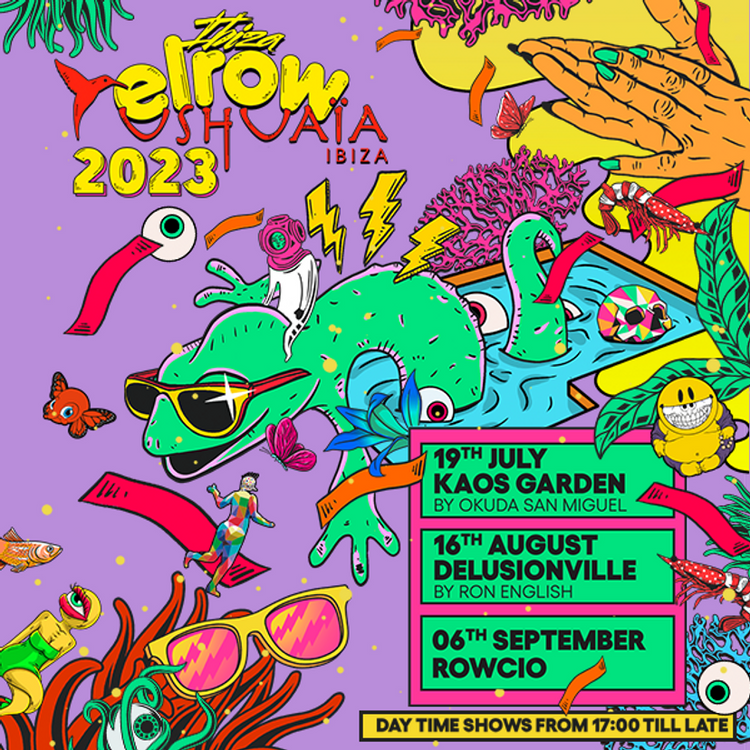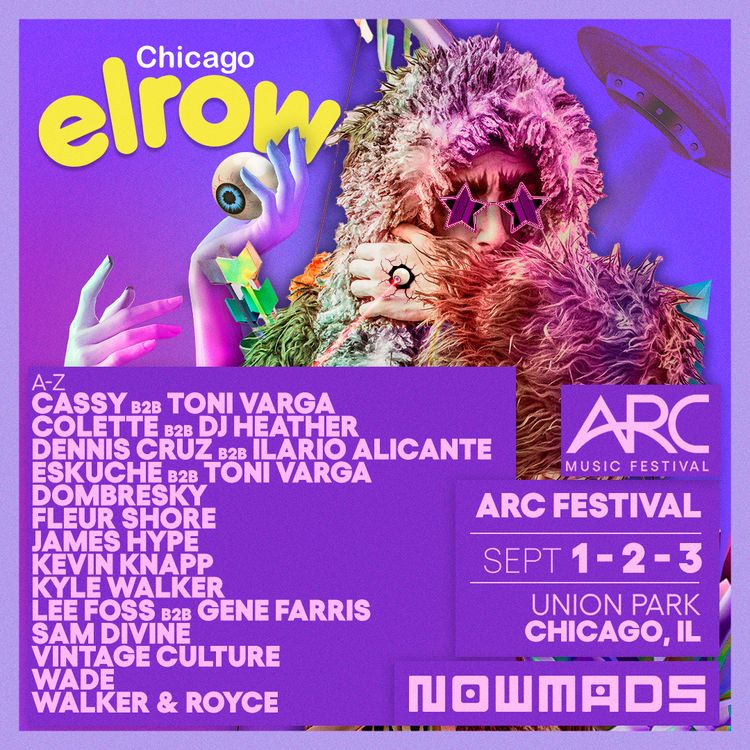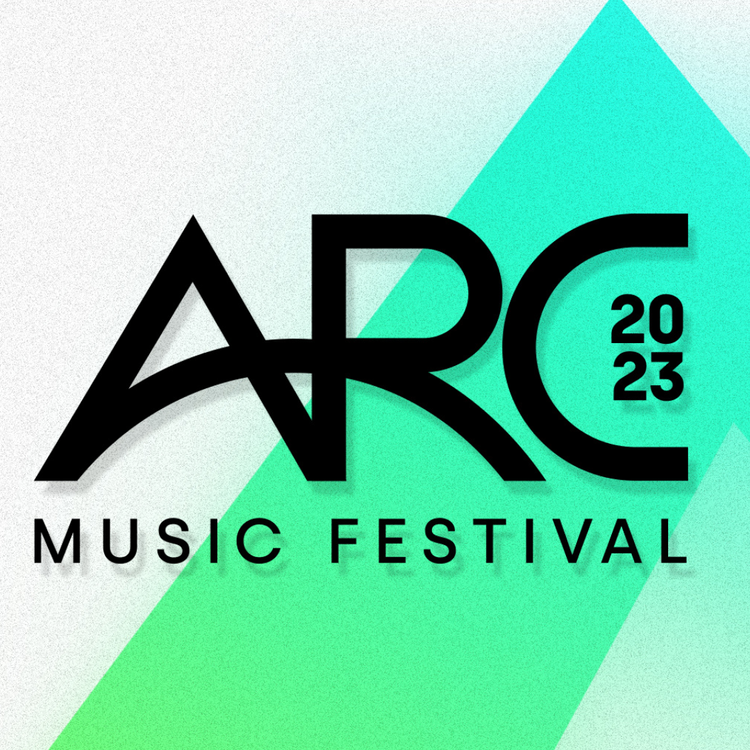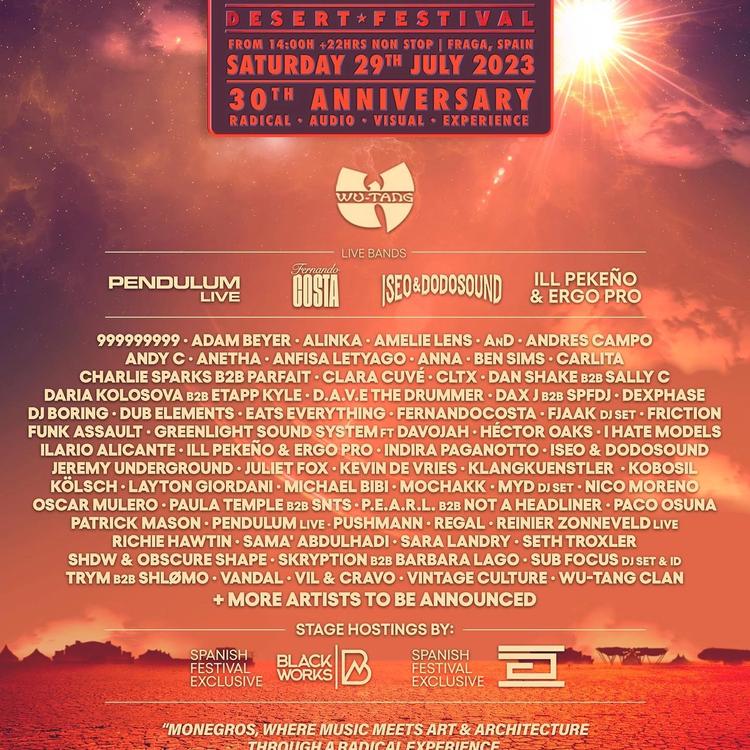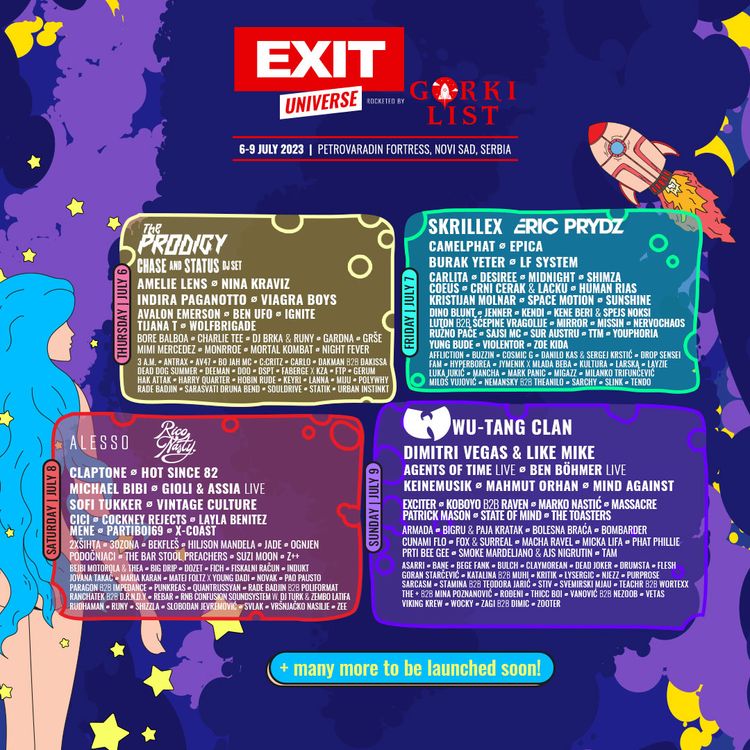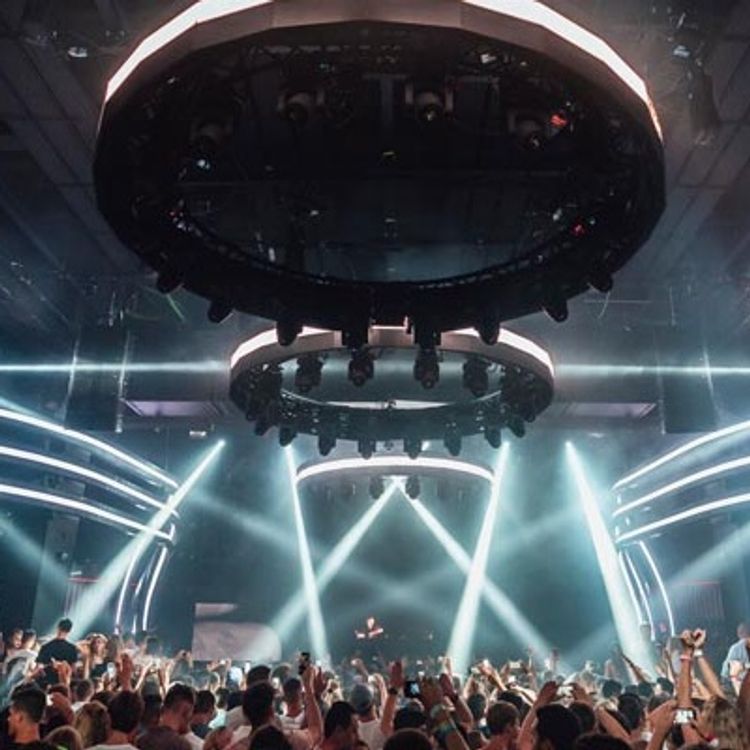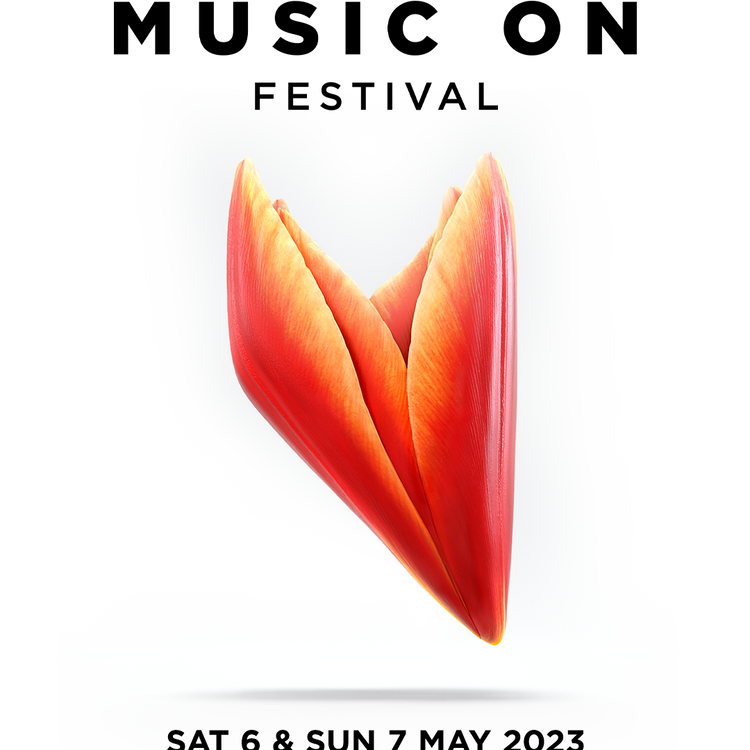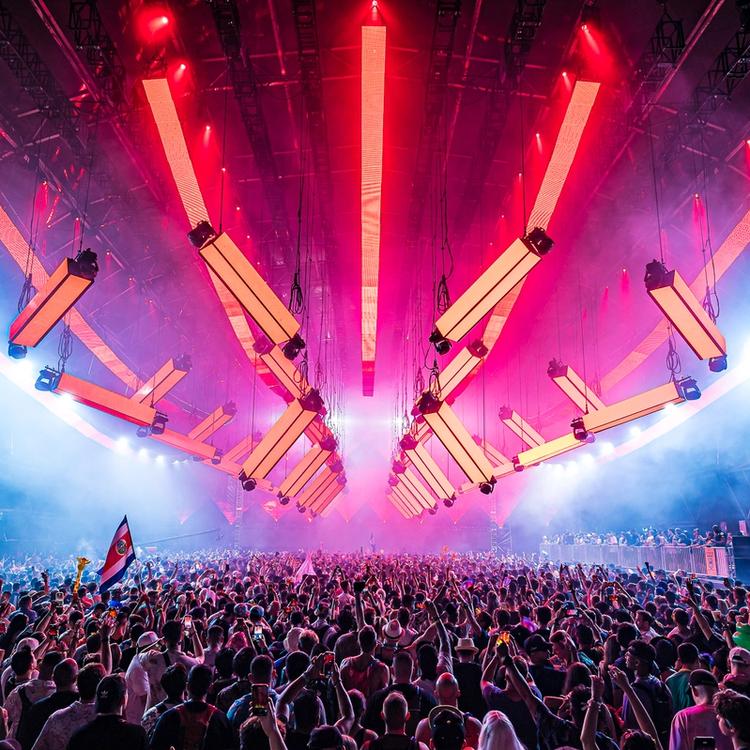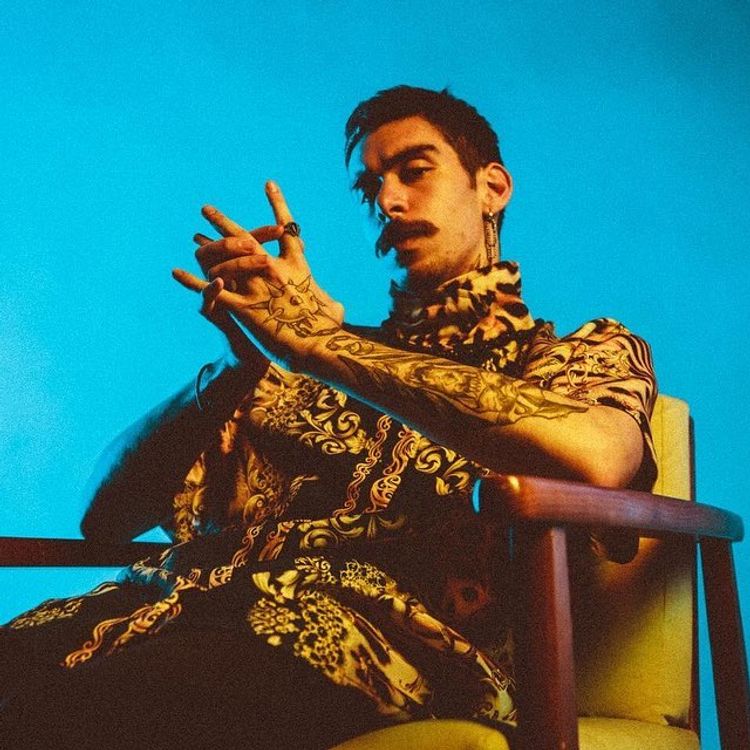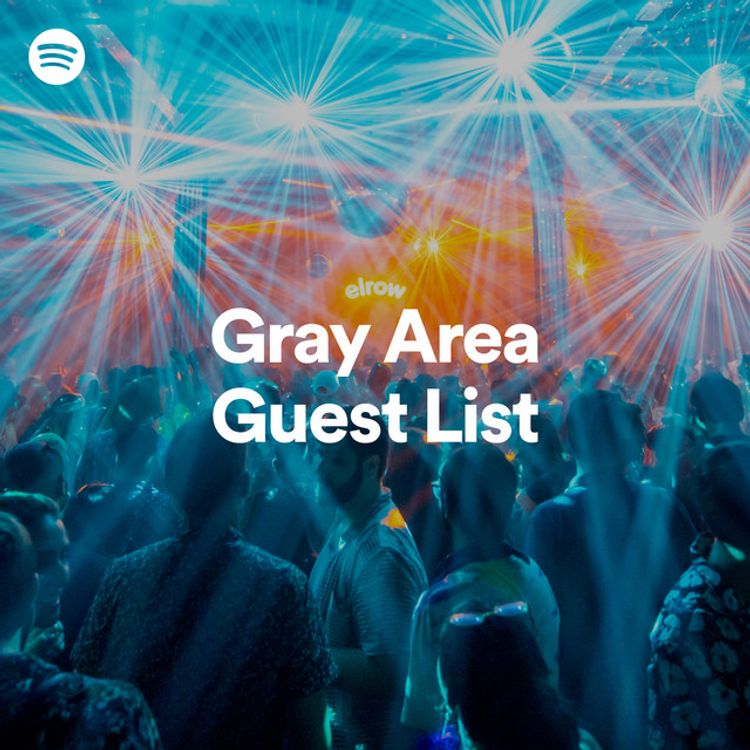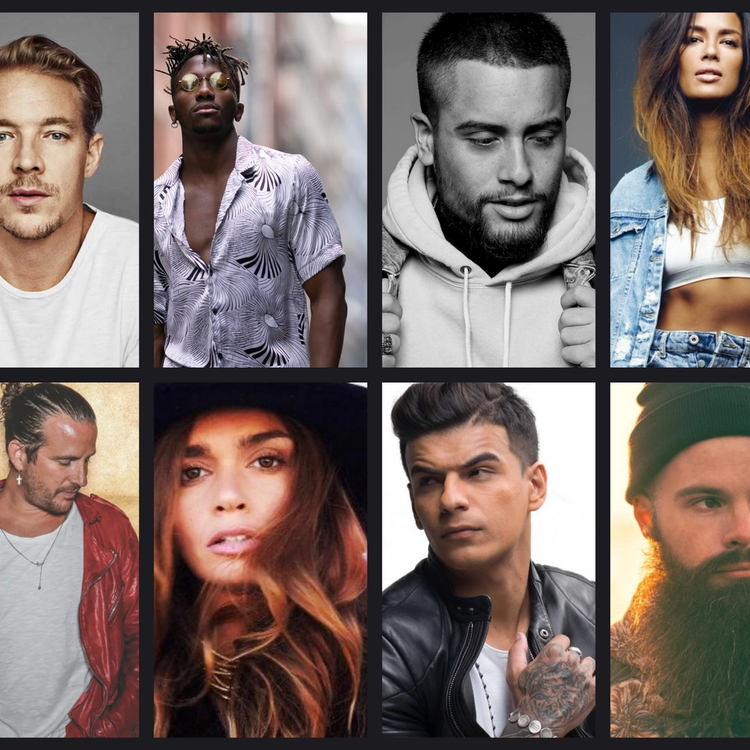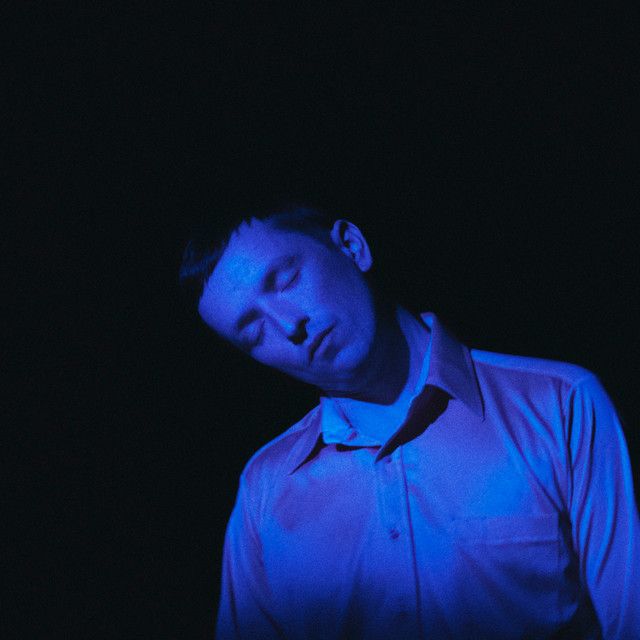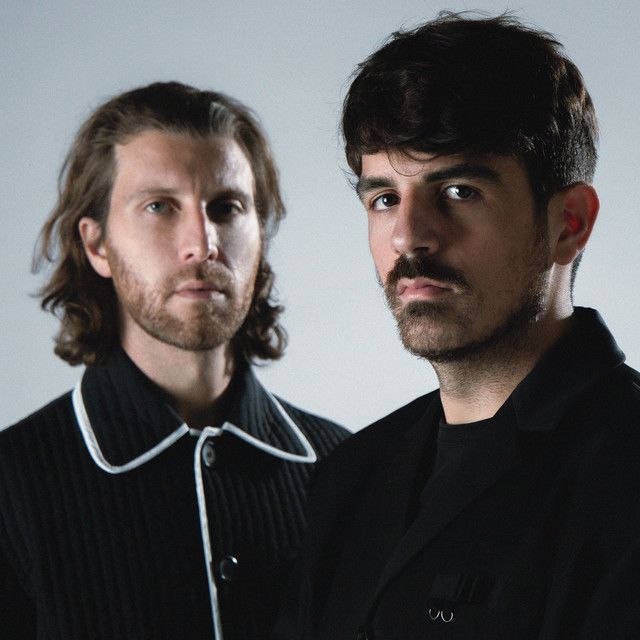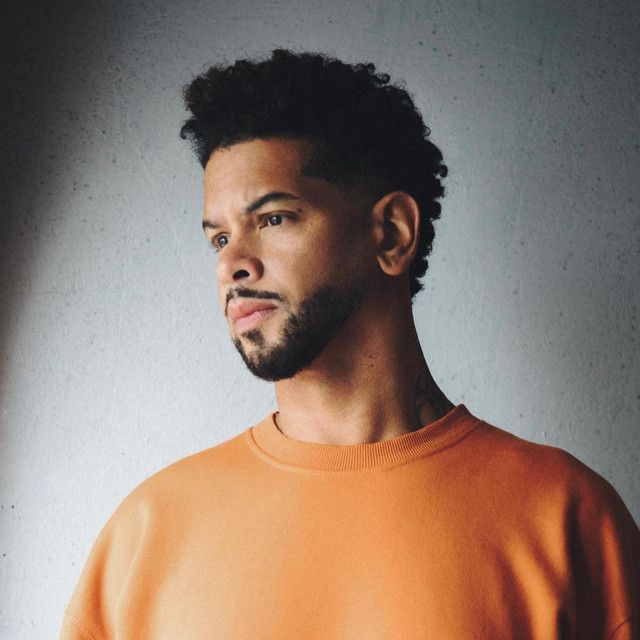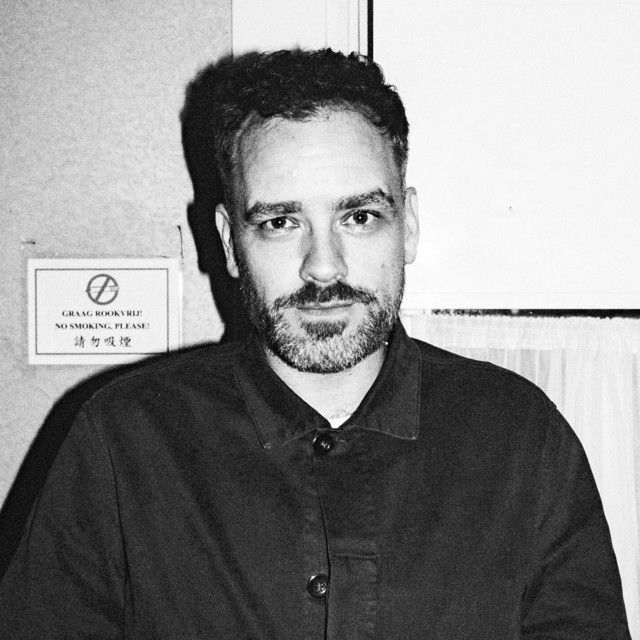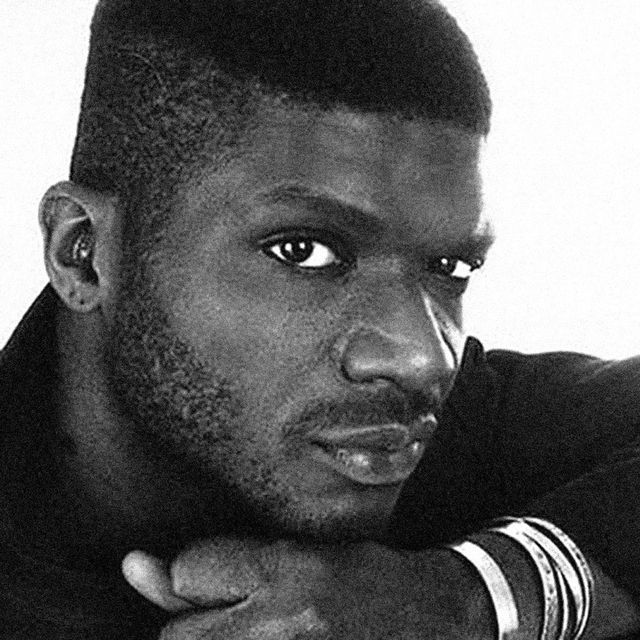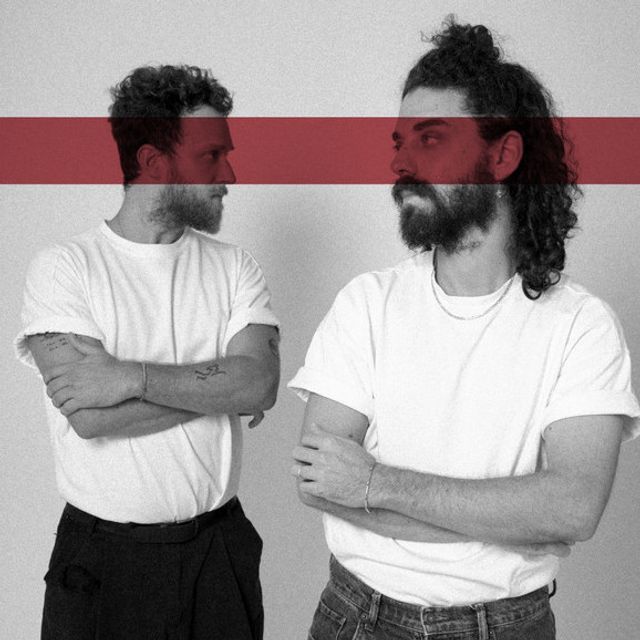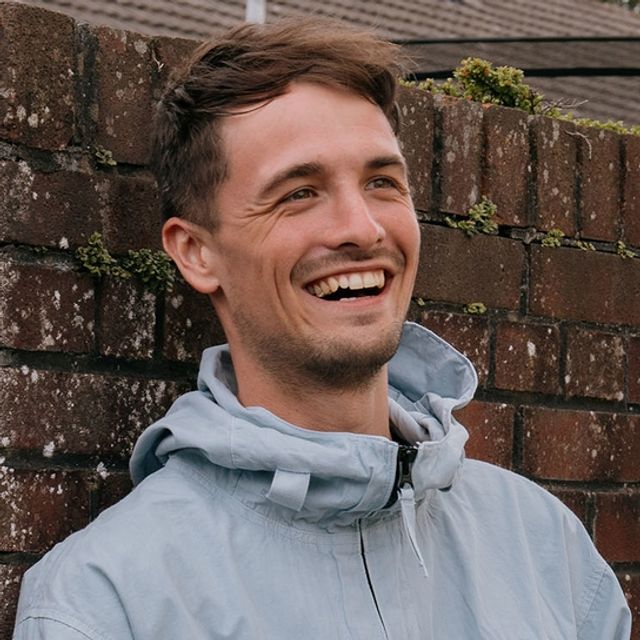Artist Spotlight
Even before Vintage Culture—aka Lukas Hespanhol—went viral with his 2013 remix of “Another Brick In The Wall” by Pink Floyd, his sound was a well-developed blend of deep, soulful, and slappin’. It’s a fine line to ride, and Hespanhol does so with class and a masterfully ubiquitous sound that appeals to both the underground and the mainstream. The Brazilian artist has led the charge of artists from his homeland that has spent nearly a decade dominating the charts and playlists of major DJs and reshaping the sound of modern house music. A product of the SoundCloud age, when a proper remix could put you on the map the self-taught producer rose to fame in Brazil, toured South America, and continued to release music at a steady clip. And with each release, he confirmed why he would soon be a global superstar signing tracks to Enormous Tunes, Defected, Spinnin Deep, and Sony Music. In 2015 just two years after his bootleg remix went viral, he entered the DJ Mag Top 100 for the first time, and in 2017 released “Memories,” his first of several records to be certified gold. He’s since clocked over 1 billion plays worldwide, gone platinum 10 times, and remixed Diplo, Tiësto, Rufus Du Sol, and Louie Vega. He’s a prime example of the DIY spirit that anchors dance music. A kid from a tiny town in rural Brazil who learned how to write tunes via Google searches on a busted computer is the blueprint for dance music's DIY spirit. What was your musical upbringing like? What did your parents listen to when you were a child? My musical upbringing was completely self-taught. There was music at home, of course, especially on the radio as there was no Internet yet. The radio was always on in the background playing local heroes as we call it Brazilian Country Music. I'm from a small city in the countryside of Brazil and the genre is super popular. How did you begin to develop your own taste in music? Do you remember internet cafes? One day I was sitting next to a friend at an Internet Cafe. On his laptop computer, he played to me the sounds of New Order and Depeche Mode. This changed my life. At that age, it was like nothing I’d heard before. I was completely inspired. Can you tell me how you discovered you wanted to create music? After hearing these artists who were new to me I began looking deeper into it. I discovered these great anthems from bands coming from the UK like Oasis. I actually googled “How to make music” on my small computer and started from there. Looking back now it’s funny but this was my first step when I was a kid. I can say YouTube was my best friend when starting out. When and how did you decide you wanted to pursue music as a career? Somehow I found the vocal stems to “Another Brick in the Wall” by Pink Floyd. I posted this on SoundCloud and to my surprise my remix started to get attention from DJs across the country of Brazil. The remix kept growing and soon I was receiving calls from club promoters. This very positive reaction in the beginning was encouraging, but once I saw the reaction from a live audience - I was hooked. Can you talk about how you began to work with Só Track Boa? The music festival and I grew together. In English Só Track Boa translates to “Only Good Tracks.” We had a good time. The festival partners wanted to grow their audience and I wanted to grow my music. We evolved together and soon I was headlining. Following this we became partners. Recently the Só Track Boa Festival sold out 7,000 tickets in New York and we’re planning new events in cities across North America. What does it mean to see the brand make its way to the US again? It is a feeling of deep satisfaction to watch something we built grow. To have an international audience enjoy what we started in our hometown in Brazil. Our plan is to combine Brazilian artists with other artists from around the world. How did you find ways to balance yourself mentally with such an intense schedule? I'd say the balance is purely my family and my best friends. If we can enjoy this together, that is real success. I have had the same team with me for years now. They are very loyal to me and I am loyal to my team. This has helped keep me very stable and grounded. What did you learn from the break in touring during COVID that you will carry with you as life slowly returns to normal? During COVID I learned that we have to evolve or disappear as the world changes. When shows and tours stopped I needed to find alternatives to reaching my audience. We did weekly live shows on Youtube and other video outlets. I released more music in 2020 than ever before. During this time I was always in the studio and if there is any silver lining, it is that I’ve come through this as a better music producer. Brazilian artists dominate dance music. How does it feel to have helped lead that movement? I’m very proud that artists from my homeland are finding international audiences. If I was able to help facilitate this, then it gives me a sense of joy. As artists from Brazil become more popular internationally, I’ve noticed that the sound has evolved into something that is not distinct to one country. The Brazil sound has changed into a combination of many different influences worldwide. Every DJ should play in Brazil at least once in their lives, the crowd is unforgettable. How do you see yourself supporting people from Brazil in music? I have close friends who are also talented music producers. I’ve brought them on the road with me. I play their songs during my live shows and radio shows. When possible, I introduce them to other friends in the music business around the world who may assist them. It really is a labor of love. We are here for each other. What excites you about the future of dance music? What excites me most is I don’t see many limitations. I really like that dance music producers are focusing on real songs that will live on, as opposed to simply sound design or samples. Great songs are what inspired me in the beginning—the melody, lyrics, and memorable choruses. If anything, I see the potential for real growth. So I would say to any young producer who wants to learn, it is all about the songs. Keep going.
Overview
Vintage Culture, born Lukas Rafael Ruiz Hespanhol in Mundo Novo, Brazil, has rapidly ascended to the top ranks of the global music scene, becoming one of the most popular and sought-after names in house, tech-house, and melodic house. From his early beginnings in a small town far from the epicenters of Rio de Janeiro and São Paulo, Vintage Culture has built a remarkable career marked by drive, artistry, and a deep passion for music.
His journey began with a fascination for electronic sounds, inspired by bands like Depeche Mode and New Order. Starting as a teenager, he gained initial attention with remixes of classic tracks like "Blue Monday" by New Order and "Another Brick in the Wall" by Pink Floyd. These early successes were the first steps in establishing his unprecedented sound, which seamlessly blends musing melodies with compelling rhythms, gaining the attention of a worldwide audience.

Vintage Culture’s rise to fame is documented by his impressive achievements, including over 1.5 billion streams on Spotify alone, and Diamond, Platinum, and Gold certifications for his music. His breakout moment came with the residency at the world’s number one rated nightclub, Hï Ibiza, where he hosted nights that quickly became legendary.
This residency not only made him renowned as a DJ who could create unforgettable experiences but also highlighted his strength in connecting deeply with audiences. His performances at major festivals like Coachella, Tomorrowland, Burning Man, Exit Festival, and Lollapalooza, as well as his own festival, Vintage Is A Festival, have shown his skill in captivating diverse crowds and his value on the international festival circuit.
During the pandemic, Vintage Culture channeled his energy into producing over 200 tracks, leading to the development of a new, emotionally charged house sound. This period of intense creativity resulted in global hits such as "It Is What It Is" and "Nightjar," which cemented his presence on prestigious labels like Defected, Insomniac, Sony, and Ultra.
Collaborations with renowned artists like John Summit, Moby, and remixes for Rufus Du Sol, Jamie Jones, Maverick Sabre, Cassian, and Bob Moses further showcased his versatility and influence in the industry. His music became a staple on major radio stations around the world, including BBC Radio 1, Kiss FM, Capital FM, NRJ in France/Benelux, Slam FM in the Netherlands, Triple J in Australia, and SiriusXM in the United States.
In addition to his production success, Vintage Culture is known for his marathon DJ sets, which often extend from sunset to sunrise, blending various shades of house music. Aside from his residency at Hï Ibiza, his attention to his art has earned him residency at another iconic venue called Tao Group in Las Vegas, while also headlining the main stages of EDC and Ultra Music Festival.

In Brazil, Vintage Culture is not only a celebrated artist but also a national hero. His influence extends beyond music through his altruistic efforts and his role in promoting the music scene. His label and festival brand, Só Track Boa, have become a significant force, attracting 25,000 dedicated fans at each stop throughout Brazil. In 2023, he launched Vintage Is A Festival, a one-man festival that not only showcases the stages and growth of his career but also spotlights local talent, including painters, abstract artists, and photographers. This festival has been an overwhelming success, consistently selling out Brazil’s biggest stadiums.
Vintage Culture’s philanthropic efforts during the COVID-19 pandemic further underscore his commitment to his community. He raised over $100,000 for pandemic relief in Brazil, providing essential support during a critical time.
His accolades extend beyond the dance floor, with features on the covers of Rolling Stone Brazil, MixMag, and DJ Magazine in France, Spain, and the UK. He was also recognized in Forbes' prestigious "30 Under 30" list, underscoring his impact as a cultural icon.

In 2024, Vintage Culture released his debut album, Promised Land, a project that represents the culmination of four years of songwriting, recording, and production. Unsurprisingly, the album hit number one on Beatport’s overall DJ Charts and was featured on nearly three million playlists. It’s safe to say this album offered a musical journey that resonated long after the everlasting beats.
Vintage Culture’s journey is one of continual growth, characterized by his focus on refining his skills and delivering impactful experiences for music fans around the globe. As he explores new directions and broadens his reach, Vintage Culture remains a notable and leading presence in the house music industry.












